An open die-alogue about end of life care
Despite what many people may think, palliative care is not just about dying. It’s about choice, individuality, communication, comfort and support, and improving the quality of dying.

Through the die-alouge cafés PCSA tries to open up the conversation about dying and engage people on the topic of death and dying
Palliative care is care given to a person living with a terminal illness, and their family, to support them through the end of life process.
Many people don’t think about this until they’re directly faced with it and usually then it comes as a shock and people feel overwhelmed.
Palliative Care South Australia (PCSA) is on a mission to ‘normalise’ death and wants us to start talking about death and dying before the time actually comes.
“Death should be at the centre of life,” says Tracey Watters, chief executive officer of PCSA.
“We have to de-stigmatise palliative care. Palliative care is not about dying as such, although that’s the space we work in. “It’s about quality of life. About helping you live as well as you possibly can so you live until you die as opposed to suffering until you die.”
PCSA is an advocacy body that promotes the delivery of quality palliative care for all. “We don’t provide care services, but we are here to support those who care,” Mrs Watters explains.
“Whether you are a health professional, in or outside of palliative care, in aged care or if you’re a family member caring for a dying relative.”
According to Mrs Watters dying has changed in the last century. It is no longer front and centre – we’ve put it away instead.
Most of us are scared of dying, because it is unknown and we don’t know what to expect.
Mrs Watters says we need to open up about death and dying and accept that they are part of life.
“It’s quite hard to die. It’s not the easiest thing in the world. Particularly if you’re not accepting of it,” she says.
“Death is normal and there comes a time when nothing we can do will stop it. We have de-normalised death, yet it happens to every single person on this planet. Why is that? Because we’ve hidden it away and think about it as a failure because medicine failed you. As a community we need to change that.”
Palliative Care SA organises die-alouge café’s to talk about exactly that. To open up the conversation about dying and engage people on the topic of death and dying.
After a successful first year PCSA has another five die-alouge café sessions planned for this year. The sessions are free and open to everyone, not just those facing end of life.
There is no agenda or objective, the aim is to get people talking about death and ultimately improve their end of life experience.
“There are no expectations, it’s simply a conversation forum where people can come together and share experiences for a better quality of death.”

Palliative care is a culture all of it’s own because it speaks a different language. “It doesn’t speak the language of survival. It speaks to the language of vulnerability, of unburdening and of legacy and of peace,” Mrs Watters says.
“We will all die. Yet somehow we stave it off to the very outward boundary of our imagination.
“What will be will be, let’s make it the best it can be.”
Palliative care is not denying death, says Mrs Watters.
“It is not a resignation that we’ll put you in this pigeon hole of ‘you are palliative’. You are not palliative, you’re a person that palliative care could assist with.
“When you decide ‘I’m tired, I’ve had enough and I don’t want to fight this anymore’, when you accept that, only then can the paradox of palliative care start to work.
“You can’t do palliative care unless people accept that death is the outcome. It’s the experience of it we’re trying to change.”
PCSA is trying to let people know it’s ok to talk about death and dying because it’s a part of life.
“Palliative care is an attitude, people look at it as a depth of suffering while it’s not, and we need to change that idea,” Mrs Watters says.
“We have to understand that we can only survive so long and death is inevitable. And why survive miserably, if you can survive informed, in a comfort zone.”
The first die-alogue café for 2016 will be held on Friday 11th March at the Hallett Cove Civic Centre and the topic of the morning is ‘What is a good death’.
For more information about the die-alogue café, to register or to find out more about other services from Palliative Care South Australia phone 08 8271 1643 or visit pallcare.asn.au. Visit the Palliative Care Australia website to find services in other states.


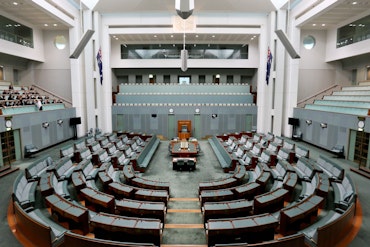

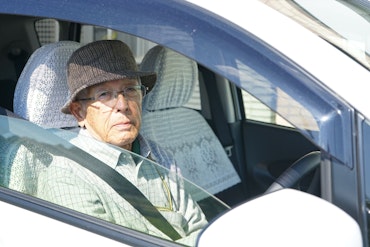











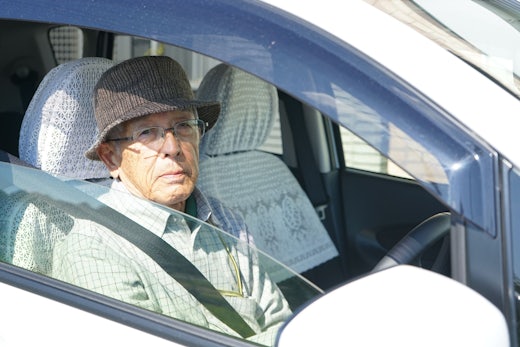
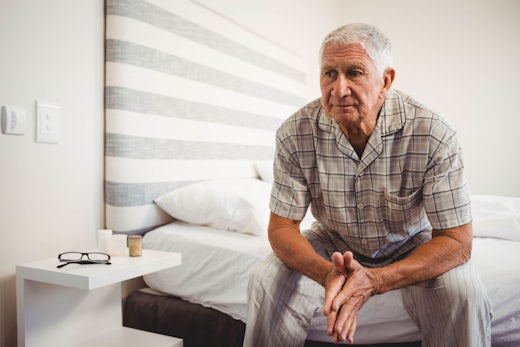
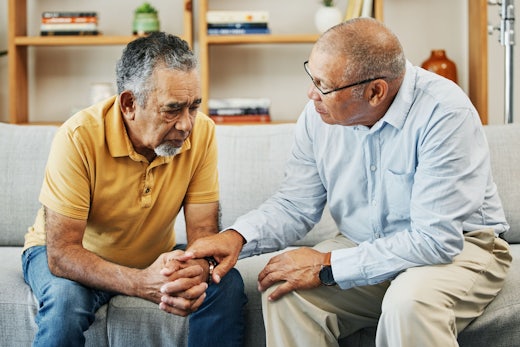




Comments